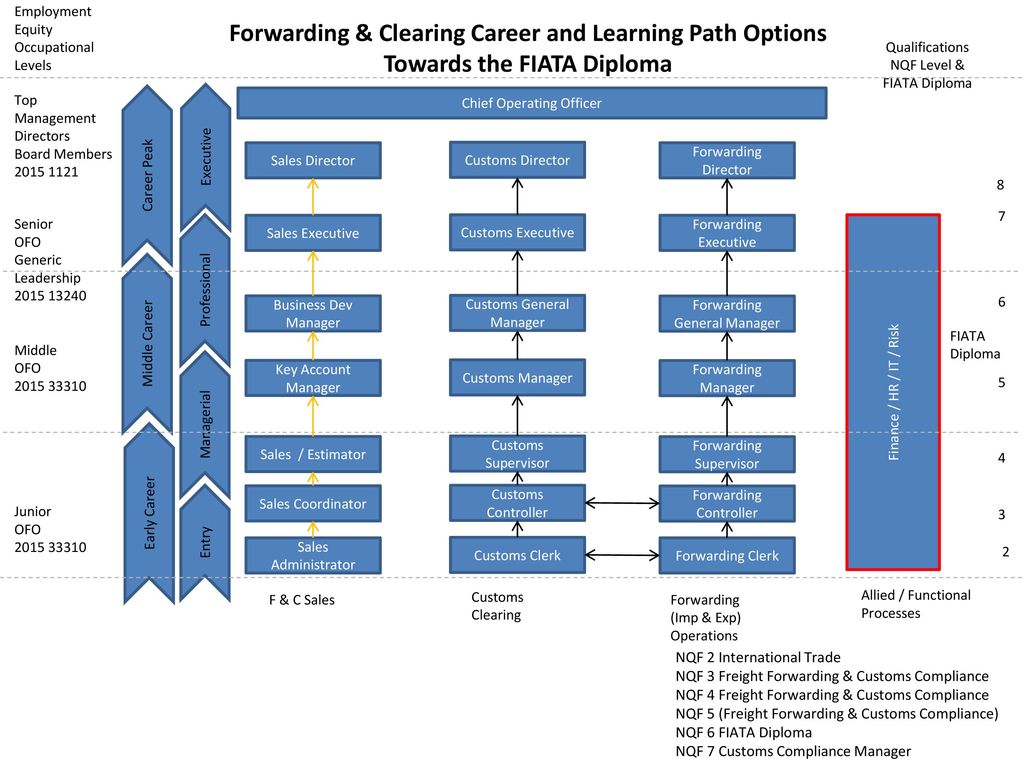
General management is an executive position that oversees revenue, cost, and profit. General managers are responsible for determining overall direction of the business. They are responsible for maximizing the company's value and ensuring that it remains profitable. If you're interested pursuing a career with general management, keep reading to learn what general managers can expect. You may be surprised to learn just how much responsibility this job entails.
Careers in general management
General management jobs require a variety of skills. Candidates for these positions must have strong leadership qualities, interpersonal skills, and the ability to communicate in written and verbal form. This is necessary because poor communication skills may lead to poor work quality or lack of cooperation. Candidates must also have empathy and a strong sense.
A general manager is able to work across many sectors and industries. There are opportunities to venture into new industries or even start your own business. These jobs are very transferable and can be improved at any time. However, general managers will often require candidates to abandon their work.

Duties of a General Manager
The job of the general manager involves daily decision-making. These include hiring and firing employees. These managers need to have good people skills and be able to manage their emotions. These managers must have an excellent understanding of finance. A general manager's duties may require them to make difficult decisions that can negatively impact the company's reputation.
General managers are responsible to oversee all areas of the business. They must supervise employees and work schedules, deal with operations and finance issues, and review financial reports and progress reports to ensure the business is operating efficiently. They are also responsible for communicating strategies to employees as well as corporate officers.
Characteristics of a general manager
The general manager is responsible for many different responsibilities. These responsibilities can range from overseeing the company's overall performance through to managing processes and enforcing regulations. It is also essential that they build trust with customers and suppliers. But the job of a general manger is not as straightforward as it looks. General managers need to have many character traits in order be successful.
Effective GMs are open to learning. He must study the web and keep an eye out for innovation in his or her field and other industries. He should also get to know the workings of these products.

The typical employers of a general manger
General managers generally need at least a bachelor’s degree in business, or another related field. Employers will sometimes accept candidates who have a GED, high school diploma or a GED but prefer candidates with a business education. This education usually comes in the form of a Master of Business Administration. MBA programs are two-year long and offer courses in finance, marketing, business management, and economics.
General managers usually oversee several departments or locations. They also have responsibility for developing policies and supervising day-to-day operations. They devise and implement strategies to improve the company's efficiency. They plan the use and allocation of human resource and material. While general managers aren't the first-line supervisors of employees, they often report back to corporate officers, board members and owners. A general manager must have a deep understanding of the business functions including sales, finance, marketing and human resources.
FAQ
What is TQM exactly?
The industrial revolution was when companies realized that they couldn't compete on price alone. This is what sparked the quality movement. To remain competitive, they had to improve quality as well as efficiency.
To address this need for improvement management created Total Quality Management (TQM) which aimed to improve all aspects of an organization's performance. It included continuous improvement processes, employee involvement, and customer satisfaction.
What are the four main functions of management?
Management is responsible for organizing, managing, directing and controlling people, resources, and other activities. Management also involves setting goals and developing policies.
Management assists an organization in achieving its goals by providing direction, coordination and control, leadership, motivation, supervision and training, as well as evaluation.
These are the four major functions of management:
Planning – Planning involves deciding what needs to happen.
Organizing is the act of deciding how things should go.
Directing - This refers to getting people follow instructions.
Controlling - This is the ability to control people and ensure that they do their jobs according to plan.
How to manage employees effectively?
The key to effective management of employees is ensuring their happiness and productivity.
It is important to set clear expectations about their behavior and keep track of their performance.
Managers must be clear about their goals and those of their teams in order to succeed.
They must communicate clearly with their staff. And they need to ensure that they reward good performance and discipline poor performers.
They must also keep track of the activities of their team. These include:
-
What was the result?
-
What was the work involved?
-
Who did it all?
-
What was the moment it was completed?
-
Why?
This information is useful for monitoring performance and evaluating the results.
What are the steps in the decision-making process in management?
The decision-making process for managers is complex and multifaceted. It involves many factors, such as analysis and strategy, planning, execution, measurement, evaluation, feedback etc.
When managing people, the most important thing to remember is that they are just human beings like you and make mistakes. As such, there is always room for improvement, especially if you're willing to put forth the effort to improve yourself first.
This video will explain how decision-making works in Management. We will explain the importance of different types decisions and how every manager can make them. The following topics will be covered:
How can a manager enhance his/her leadership skills?
By practicing good management skills at all times.
Managers must monitor the performance of subordinates constantly.
If you notice your subordinate isn't performing up to par, you must take action quickly.
It is important to be able identify areas that need improvement and what can be done to improve them.
What is the difference in Six Sigma and TQM?
The main difference between these two quality management tools is that six sigma focuses on eliminating defects while total quality management (TQM) focuses on improving processes and reducing costs.
Six Sigma is a methodology for continuous improvement. It emphasizes the elimination or minimization of defects through statistical methods such control charts and p charts.
The goal of this method is to reduce variation in product output. This is achieved by identifying and addressing the root causes of problems.
Total Quality Management involves monitoring and measuring every aspect of the organization. It also involves training employees to improve performance.
It is used to increase productivity.
Statistics
- This field is expected to grow about 7% by 2028, a bit faster than the national average for job growth. (wgu.edu)
- As of 2020, personal bankers or tellers make an average of $32,620 per year, according to the BLS. (wgu.edu)
- Hire the top business lawyers and save up to 60% on legal fees (upcounsel.com)
- UpCounsel accepts only the top 5 percent of lawyers on its site. (upcounsel.com)
- Your choice in Step 5 may very likely be the same or similar to the alternative you placed at the top of your list at the end of Step 4. (umassd.edu)
External Links
How To
How do you use the 5S in your office?
The first step to making your workplace more efficient is to organize everything properly. A clean desk, a neat room, and a well-organized space are all key factors in ensuring everyone is productive. The five S’s (Sort. Shine. Sweep. Separate. and Store) all work together to ensure that every inch is utilized efficiently and effectively. This session will go over each of these steps and show how they can be used in any setting.
-
Sort. Clear away clutter and paper so that you don’t spend time looking for it. You should place things where you are most likely to use them. Keep it near the spot where you most often refer to it. Also, consider whether you really need it. If it isn't useful, get rid!
-
Shine. You should get rid of any items that could be harmful or cause injury to others. Find a safe way to store pens that you don't want anyone else to see. A pen holder is a great investment as you won't lose your pens.
-
Sweep. Keep surfaces clean to avoid dirt building up on furniture or other items. You may want to invest in some dusting equipment to ensure that all surfaces are as clean as possible. To keep your workspace tidy, you could even designate a particular area for dusting and cleaning.
-
Separate. Separating your trash into different bins will save you time when you need to dispose of it. You can dispose of your garbage easily by placing trash cans strategically around the office. It's a great idea to place trash bags beside each bin, so you don’t have to go through tons of garbage to find what it is.